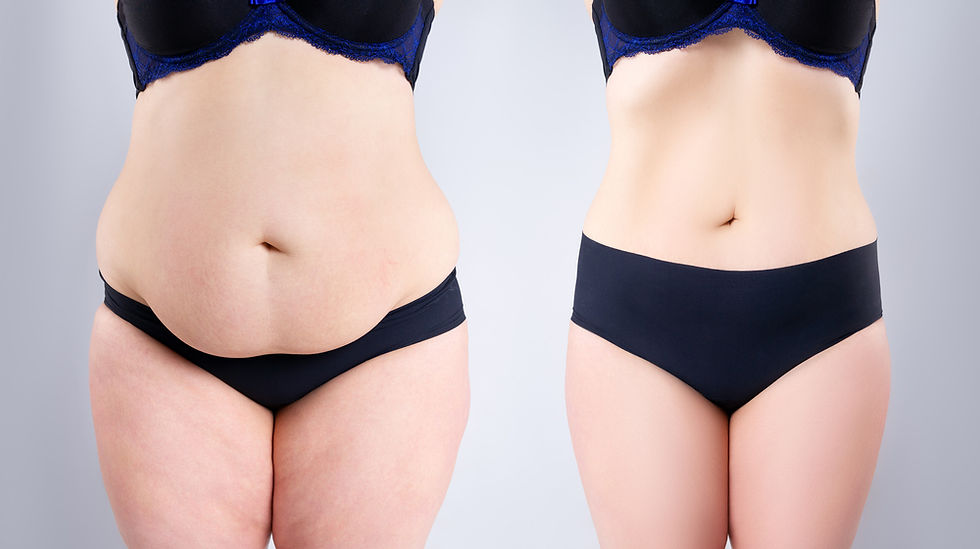Hair Transplants: What to Expect
- rimsha razaq
- Feb 21, 2022
- 3 min read
Like great wellbeing and youth, the greater part of us underestimate our locks - - that is, until they're gone. For some individuals, a hair relocate can help bring back what resembles a full - - or possibly a more full - - head of hair.In the event that diminishing up top or going uncovered truly irritates you, the method can be one method for having a more sure outlook on your looks. Be that as it may, first talk with your PCP regarding what you can expect during and after the medical procedure hair restoration in Islamabad

What Is a Hair Transplant?
It's a sort of a medical procedure that moves hair you as of now need to fill a region with slim or no hair. Specialists have been doing these transfers in the U.S. since the 1950s, however strategies have changed a great deal as of late.
You normally have the strategy in the specialist's office. In the first place, the specialist cleans your scalp and infuses medication to numb the rear of your head. Your primary care physician will pick one of two techniques for the transfer: follicular unit strip a medical procedure (FUSS) or follicular unit extraction (FUE).With FUSS, the specialist eliminates a 6-to 10-inch piece of skin from the rear of your head. They put it away and sews the scalp shut. This region is quickly concealed by the hair around it.
Then, the specialist's group isolates the segment of eliminated scalp into 500 to 2,000 minuscule joins, each with a singular hair or only a couple of hairs. The number and kind of unite you get relies upon your hair type, quality, shading, and the size of the area where you're getting the transfer.
Assuming that you're getting the FUE system, the specialist's group will shave the rear of your scalp. Then, at that point, the specialist will eliminate hair follicles individually from that point. The region recuperates with little specks, which your current hair will cover.
After that point, the two systems are something similar. After they set up the unions, the specialist cleans and numbs the region where the hair will go, makes openings or cuts with a surgical blade or needle, and carefully puts each unite in one of the openings. They'll presumably find support from other colleagues to establish the unions, as well.
Contingent upon the size of the transfer you're getting, the cycle will take around 4 to 8 hours. You could require another strategy later on assuming that you keep on losing hair or conclude you need thicker hair.
Assumptions and Recovery:
After the medical procedure, your scalp might be extremely delicate. You might have to take torment meds for a considerable length of time. Your specialist will have you wear wraps over your scalp for at minimum daily or two. They may likewise endorse an anti-microbial or a mitigating drug for you to take for quite a long time. The vast majority can get back to work 2 to 5 days after the activity.
Inside 2 to 3 weeks after medical procedure, the relocated hair will drop out, however you should begin to see new development inside a couple of months. The vast majority will see 60% of new hair development following 6 to 9 months. A few specialists recommend the hair-developing medication minoxidil (Rogaine) to further develop hair development after transplantation, however it's not satisfactory the way that well it works.
Dangers and Costs of Treatment:
Hair reclamation can become pricey and hence reasonable relying upon the sort of treatment you pick. The normal expense of hair rebuilding in Islamabad begins from 10,000 PKR, which regularly goes up to 150,000 PKR relying upon the treatment picked. Costs are exceptionally subject to how much work done by the specialists.
Around the time new locks begin to develop, certain individuals have aggravation or a contamination of the hair follicles, called folliculitis. Anti-microbials and packs can calm the issue. It's additionally conceivable to out of nowhere lose a portion of the first hair in the space where you got the new strands, called shock misfortune. Be that as it may, more often than not, it's not super durable.Consult with your primary care physician about these dangers and how much improvement you're probably going to get from the medical procedure. They can assist you with choosing if it's a decent choice for you.












Comments